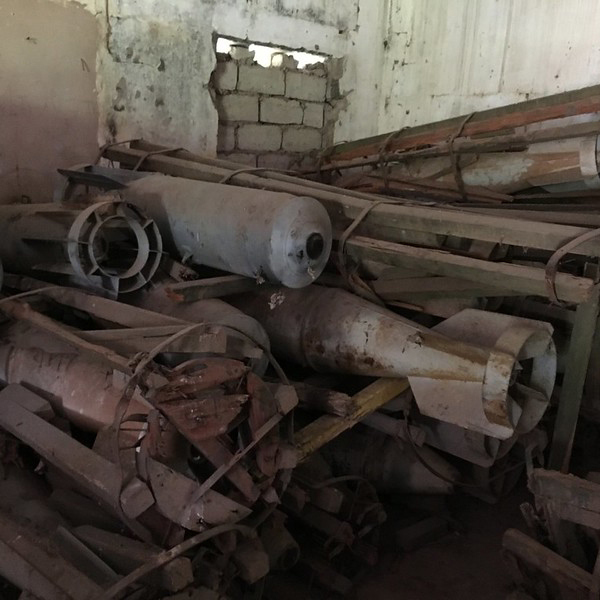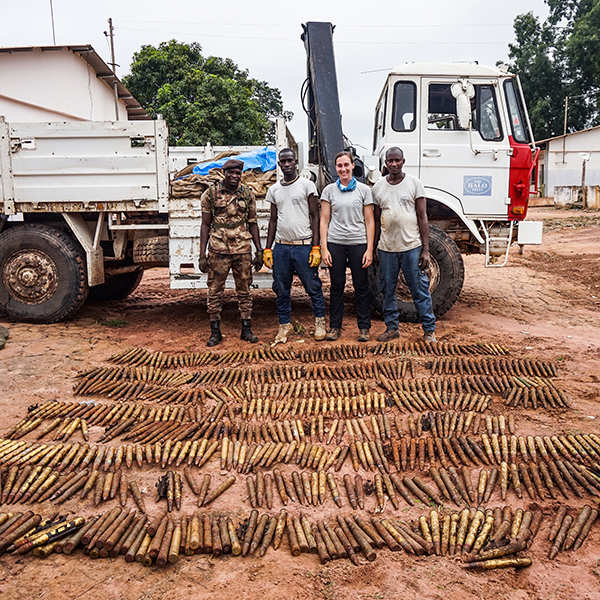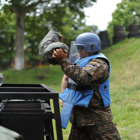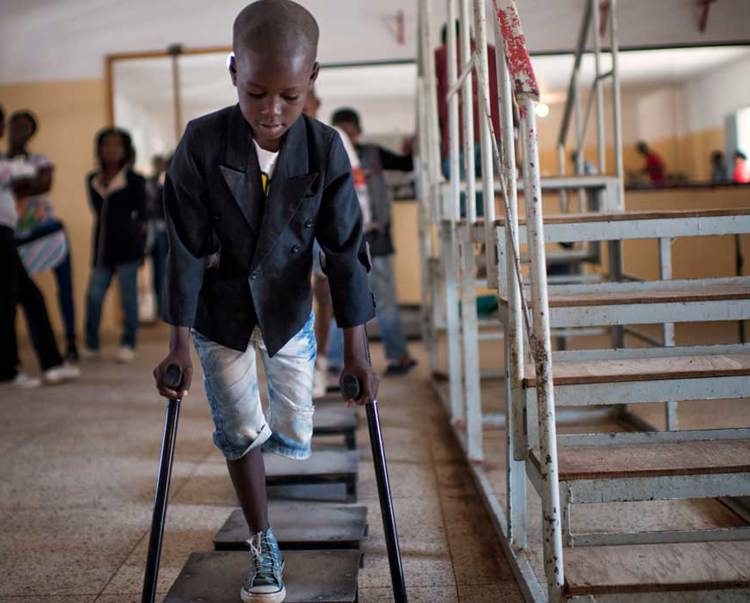Guinea-Bissau is a small West African country on the Atlantic coast.
HALO first sent a team to Guinea-Bissau in 2015. We've had a weapons management programme in place here since 2019.
Up to October 2025, we've safely destroyed 465 weapons and 27,226 pieces of ammunition.
We've built and repaired 32 weapons storage facilities, and trained 156 local people to manage them safely.
Situation in Guinea-Bissau
Guinea-Bissau has had a turbulent history. It gained independence from Portugal in 1973, after nearly 20 years of armed rebellion.
Large quantities of arms and munitions were stockpiled during this period. Political instability continued, with a civil war from 1998-2000, a series of military coups, and the assassination of the President in 2009.
The people of Guinea-Bissau still live in fear today. Stockpiles of obsolete ammunition are at risk of exploding at any moment, and unsecured weapons are a constant threat to life.
A series of coup attempts and growing instability in West Africa have increased the urgency of improving the security of state-held weapons.
There are many unsecured ammunition stockpiles close to homes, putting families at risk. In the event of an unplanned explosion, hundreds of people would be killed or injured, and vital infrastructure damaged.

Old rusting weapons in Guinea-Bissau
HALO's work and impact in Guinea-Bissau

HALO team destroying unsafe weapons
HALO works closely with the government and security forces to secure weapons and increase human security. Our technical specialists construct ammunition storage facilities, moving explosives away from populated areas.
Some of the facilities we've constructed in Guinea-Bissau are:
- Purpose-built ammunition storage area in the Bafata region, ensuring stockpiles can be moved away from the local population
- First masonry armoury in the country, improving weapons storage
- Several containerised armouries for the Army and National Guard
Responsible storage and control of weapons prevents them falling into the hands of armed groups that pose a threat to national security.
We safely destroy excess, unserviceable, obsolete and abandoned ammunition to reduce the likelihood of explosive accidents.
We also train national security forces in explosive ordnance disposal, weapons store keeping, and ammunition handling in line with international standards.




















